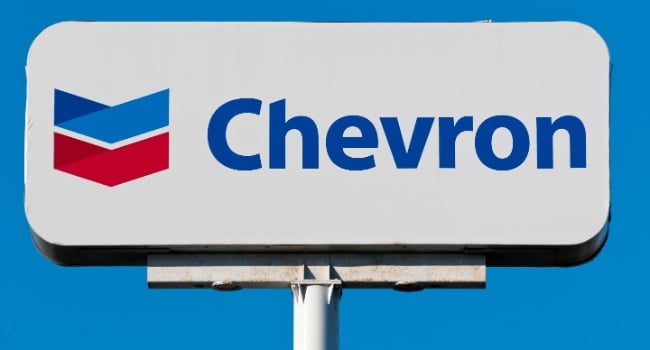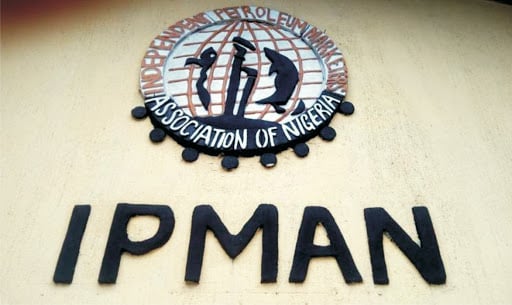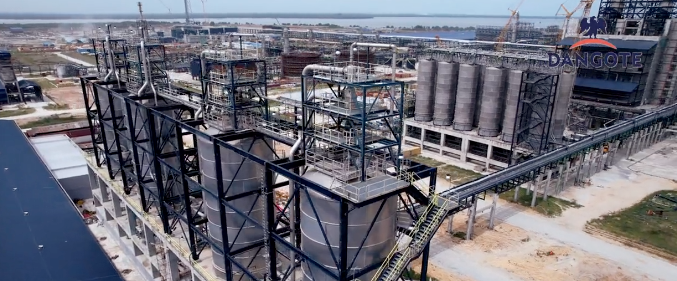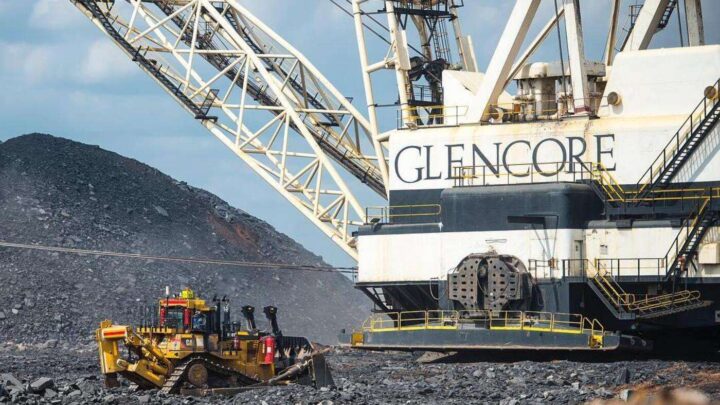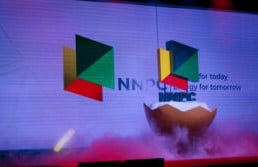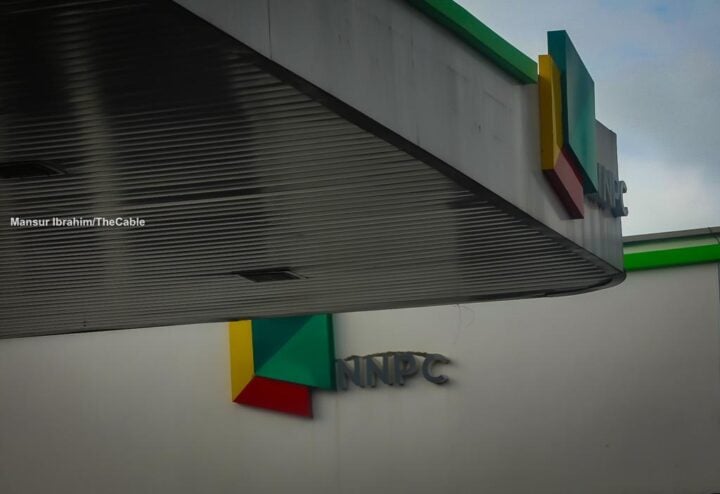Chevron Nigeria Limited (CNL) says an alternative arrangement has been made to ensure the continuity of its operations after the grounding of Arik Air aircraft threatened the company’s crude oil production.
Arik airlifts Chevron crew to Osubi airstrip — a facility close to oil-producing areas in the Niger Delta.
The Nigerian Airspace Management Agency (NAMA) grounded aircraft belonging to Arik Air over a $2.5 million debt case on July 30.
The agency said the decision was sequel to an order by the federal high court regarding a case of $2.5 million owed by Arik to Atlas Petroleum International Ltd, an oil firm.
Advertisement
On Wednesday, a source told TheCable that the suspension of Arik Air operations poses a threat to the production of about 200,000 barrels of crude by Chevron.
The source said the suspension of the airline operations “is affecting 130,000 barrels a day production for Nigeria,” as Chevron’s team is finding it difficult to get airlifted to Osubi airstrip.
Esimaje Brikinn, CNL’s general manager, policy, government and public affairs, told TheCable on Thursday that an alternative has been arranged.
Advertisement
“Chevron Nigeria has activated alternative arrangements to ensure continuity of its operations,” Brikinn said.
CNL is a major energy investor in the country that runs a joint venture (JV) arrangement with the Nigerian National Petroleum Company (NNPC) Limited for the onshore and offshore assets in the Niger Delta region.
The oil firm operates the Agbami field, one of the largest deepwater discoveries in Nigeria.
The facility lies 70 miles (113 km) off the coast of the central Niger Delta region and spans 45,000 acres (182 sq km).
Advertisement
Chevron also has natural gas projects in the western Niger Delta and the Escravos areas, including the Escravos gas plant (EGP), and the Escravos gas-to-liquids (EGTL) facility.
Add a comment
